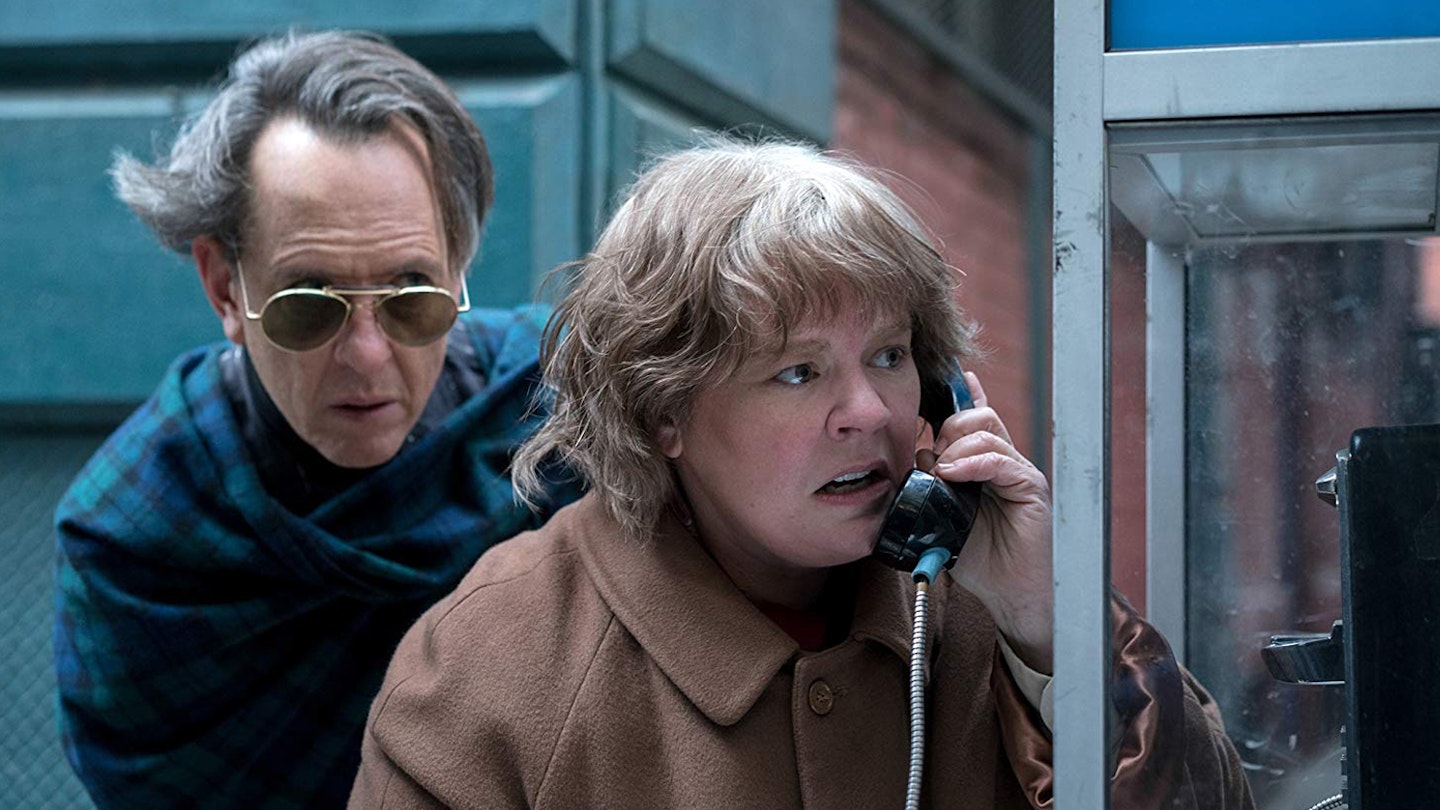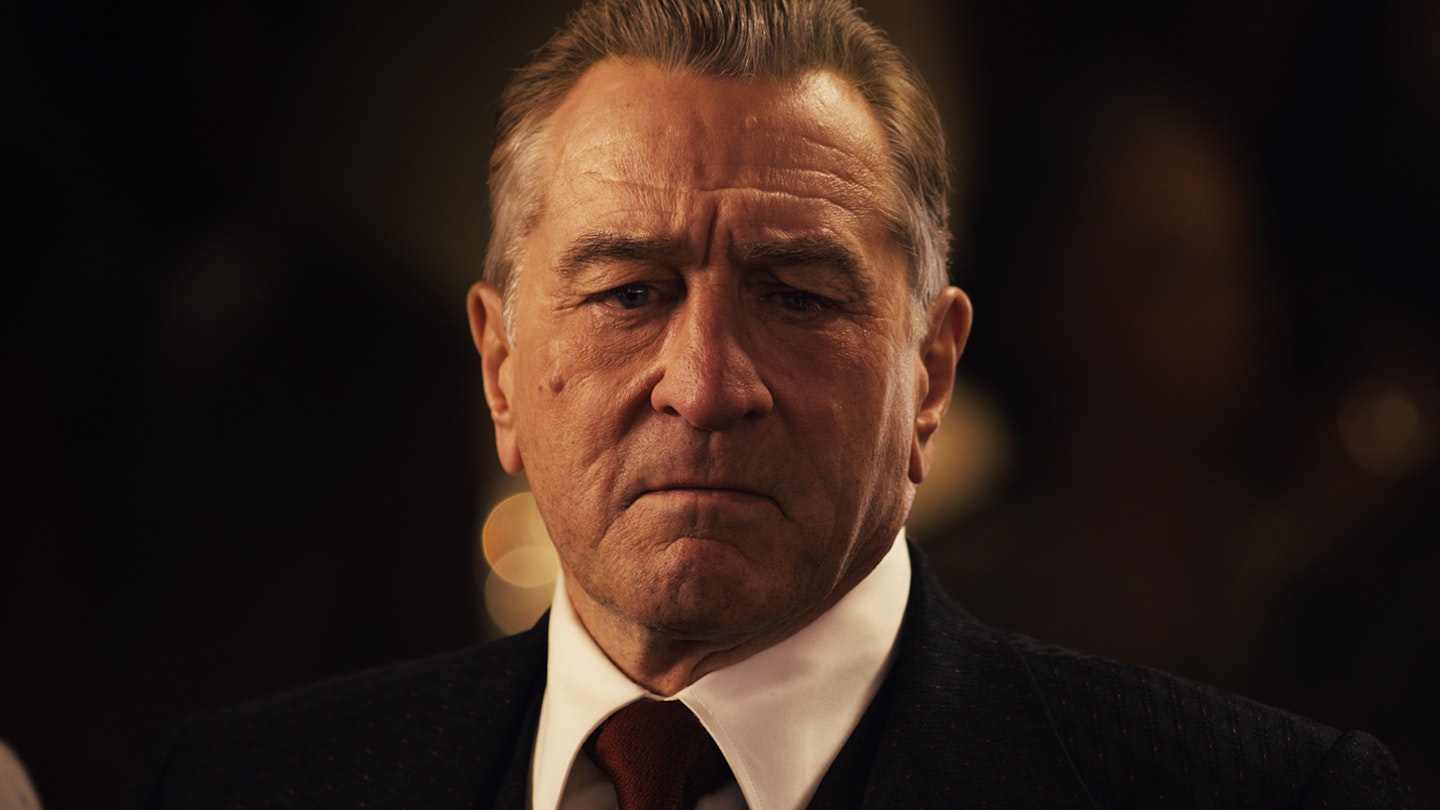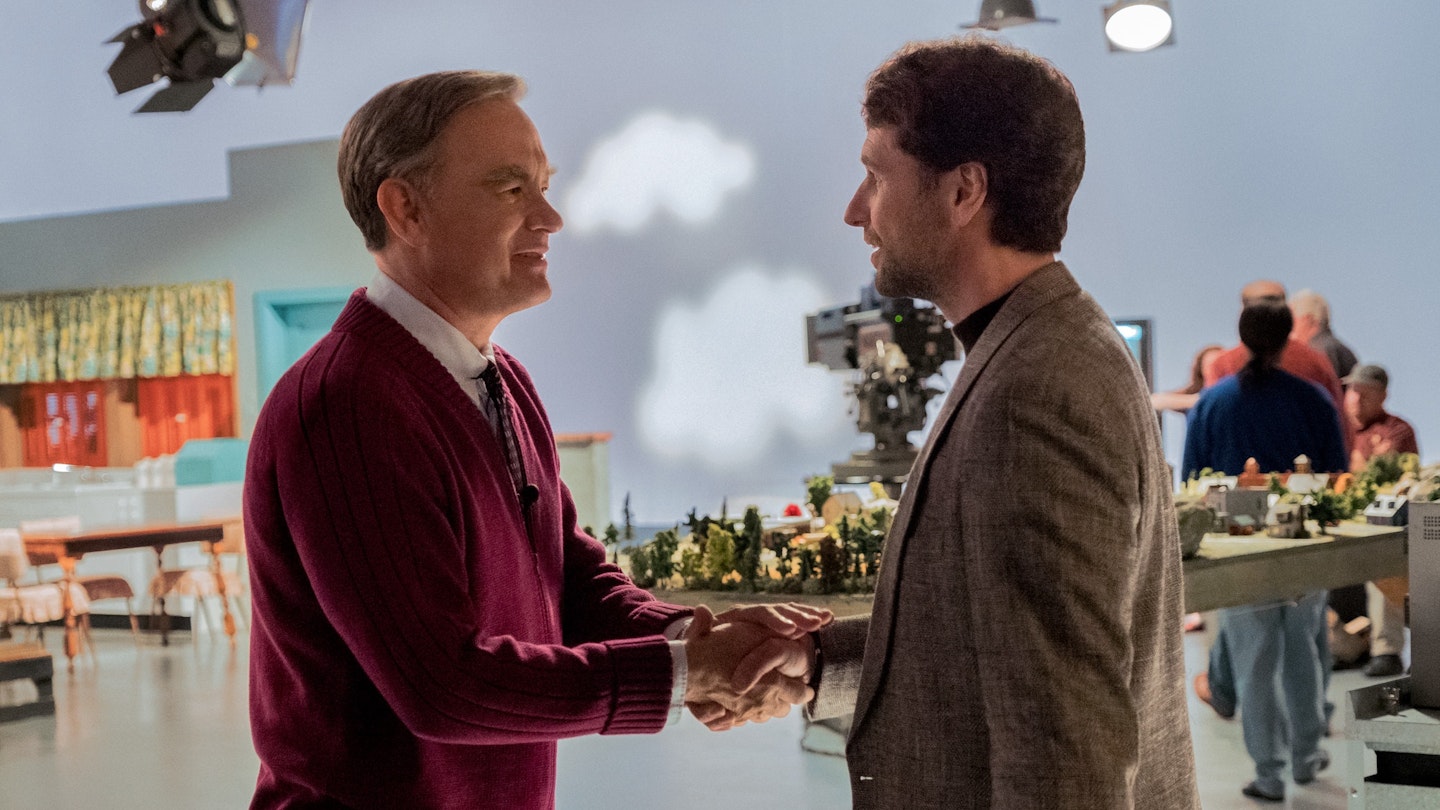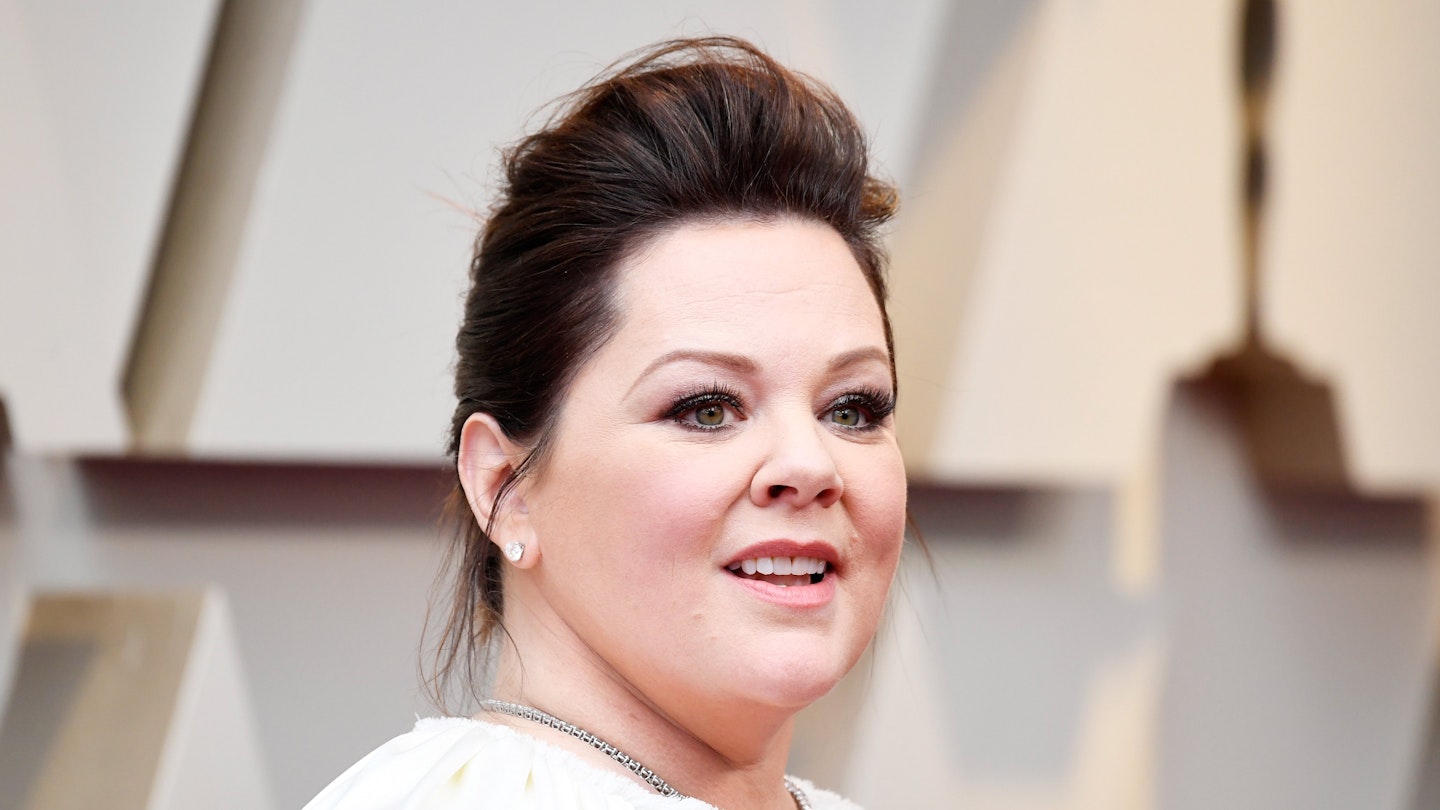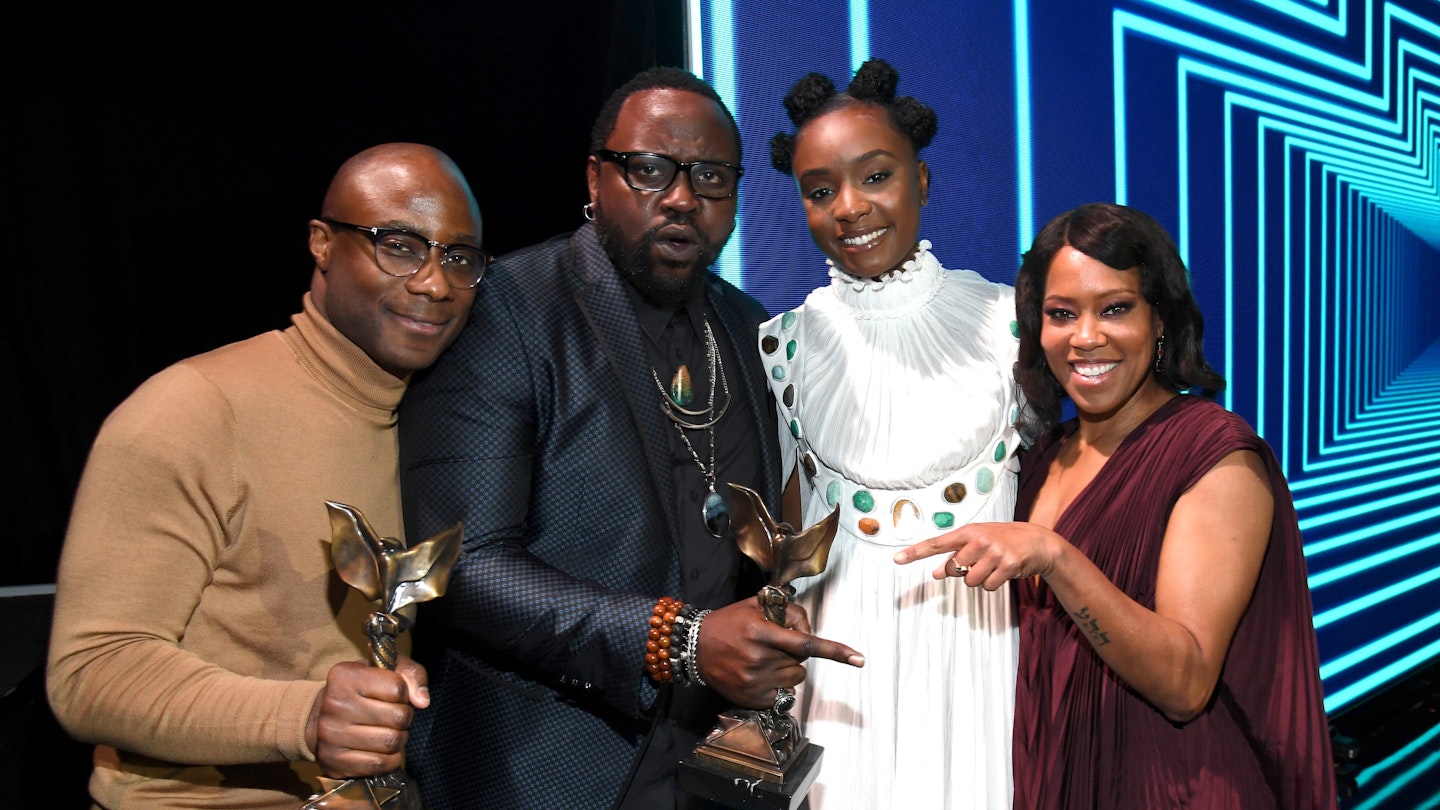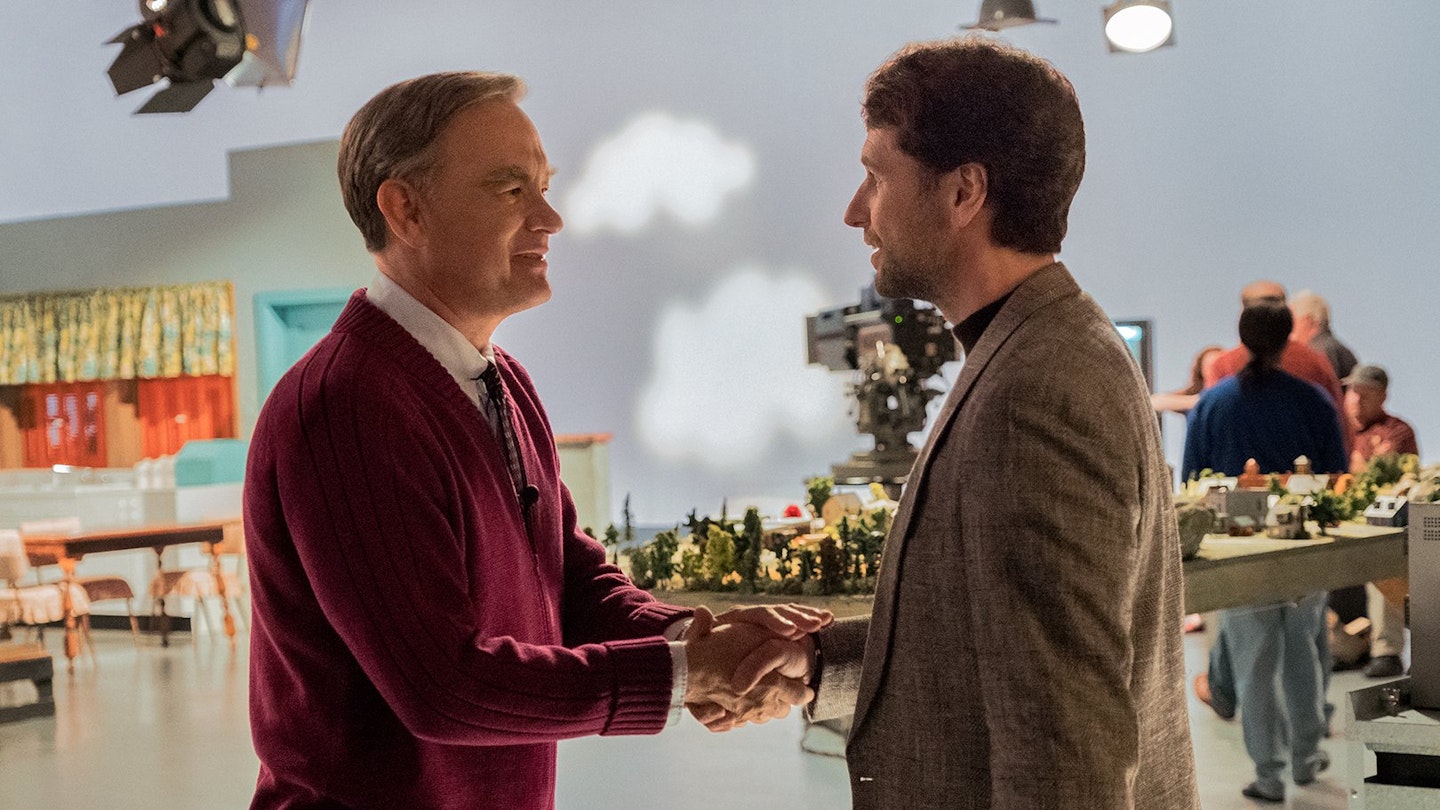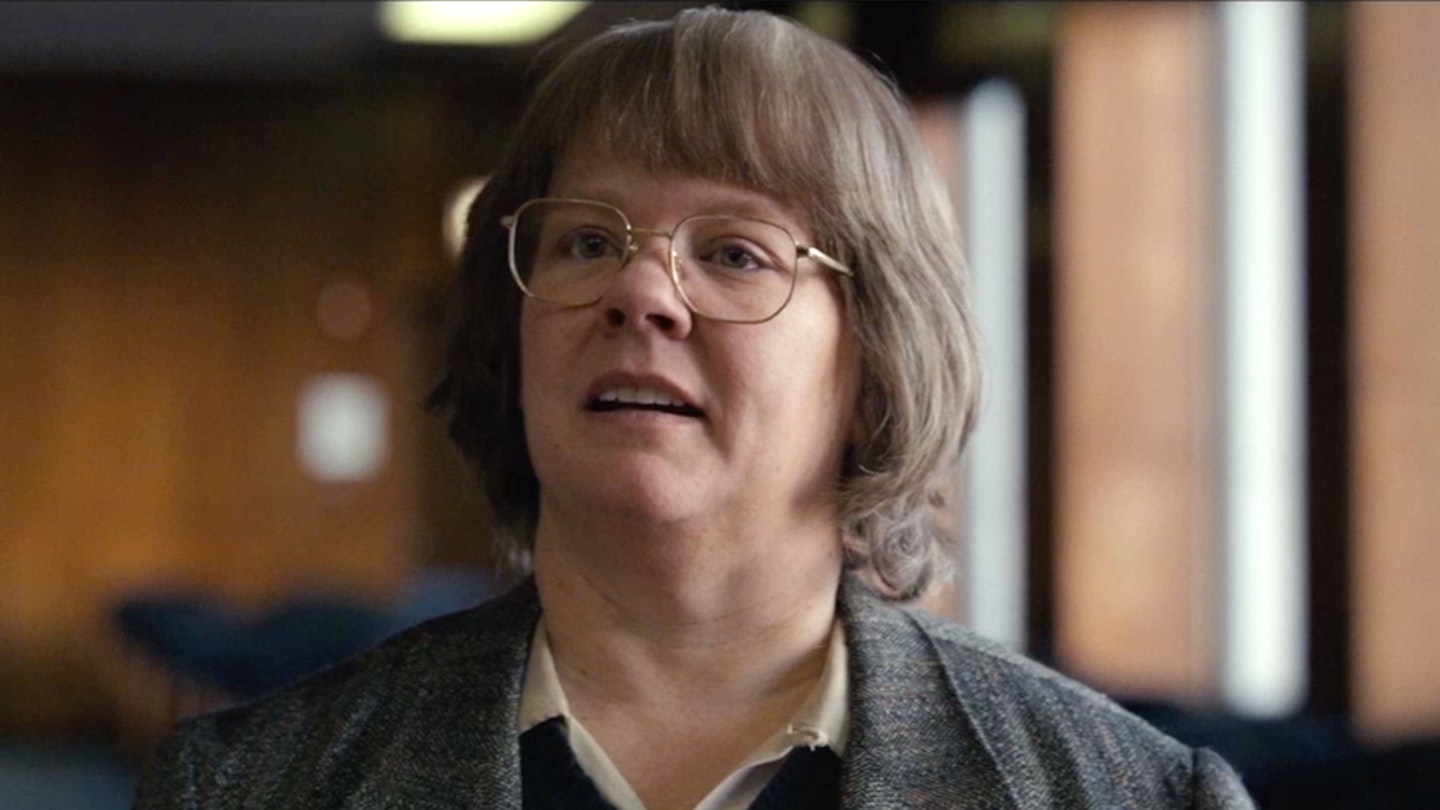Can You Ever Forgive Me? is a small-scale delight. With her follow-up to the excellent The Diary Of A Teenage Girl, Marielle Heller takes an unbelievable true story about an astonishing act of literary ventriloquism but makes it feel authentic through attention to detail, a deft handling of tone and huge empathy. It will undoubtedly get props for Melissa McCarthy’s terrific serious turn in the midst of a career dominated by broad comedy — she played dramatic in St. Vincent — but has much more going for it than an actor’s transformation, chiefly a funny, poignant portrait of marginalised lives marinated in melancholy.
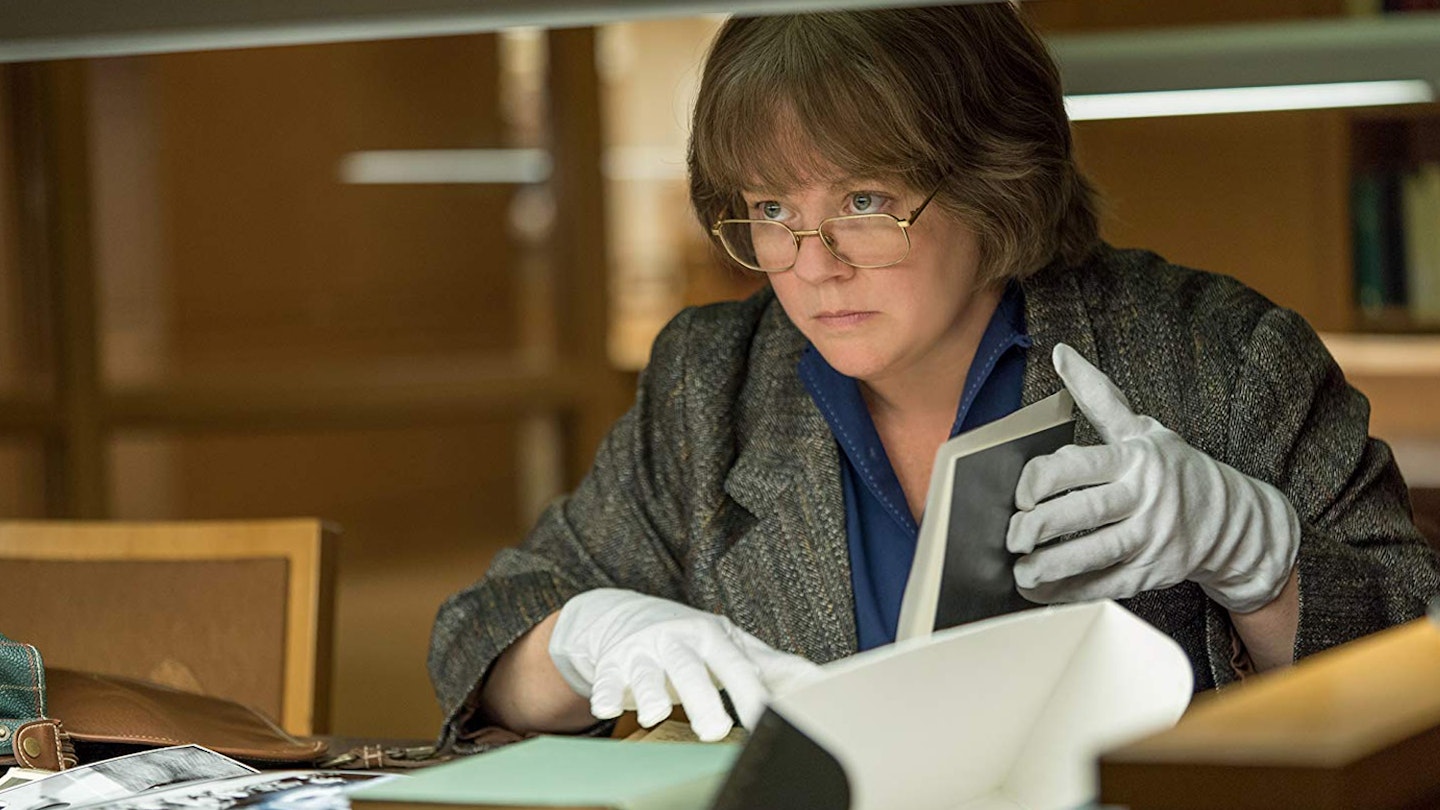
As Lee Israel, a miserable Manhattan biographer who resorted to forging letters by famous literary types (Noël Coward, Dorothy Parker, Lillian Hellman) to pay the bills, McCarthy makes a potentially curmudgeonly cat-woman stereotype complex and human. McCarthy has a ball being sour and sharp in equal measures — watch her pretend to be Nora Ephron on the phone because her agent won’t take her calls — yet also makes Lee’s loneliness moving. Lee draws sustenance from writing in other people’s voices, observing she is “a better Dorothy Parker than Dorothy Parker” and McCarthy perfectly etches her arc: she embraces Lee’s spikiness, creative uncertainty and self-destructive streak and somehow makes them winning.
Ultimately this is a film about human frailties.
As she begins her career of forgery, Lee finds salvation in Richard E. Grant’s Jack Hock (who announces himself as “Jack Hock, big cock”), a gay, dissolute New Yorker who helps her flog her letters when memorabilia dealers start to get suspicious. Channelling Withnail in a long coat and a love of booze, Grant is the best he’s been in years, by turns charming and tragic as he inveigles his way into Lee’s life. Together, the pair of outcasts form a winning double act, two people born out of time taking sideswipes at polite society while finding solace and co-dependency in each other’s company. Their first meeting is that rare thing in modern movies — a lengthy scene of two people chatting — and it’s a delight.
Adapted from Israel’s own memoir, Nicole Holofcener and Jeff Whitty’s witty, literate script is good on the compelling detail of Lee’s scams, buying numerous old typewriters to exactly match the fonts of the famous writers and upturning her battered old TV to use as a light box for easy tracing of signatures. Heller also ratchets up the tension, both in scenes of Lee smuggling letters out of archives and as the net draws in on her fakery. But ultimately this is a film about human frailties. Smuggled in between the friendship and the fakery is a tentative, beautifully rendered attraction between Lee and bookseller Anna (a terrific Dolly Wells) told in quick, economical strokes. A touching sketch of someone who doesn’t know how to be in a relationship, it becomes one of the most affecting love stories of the year.
